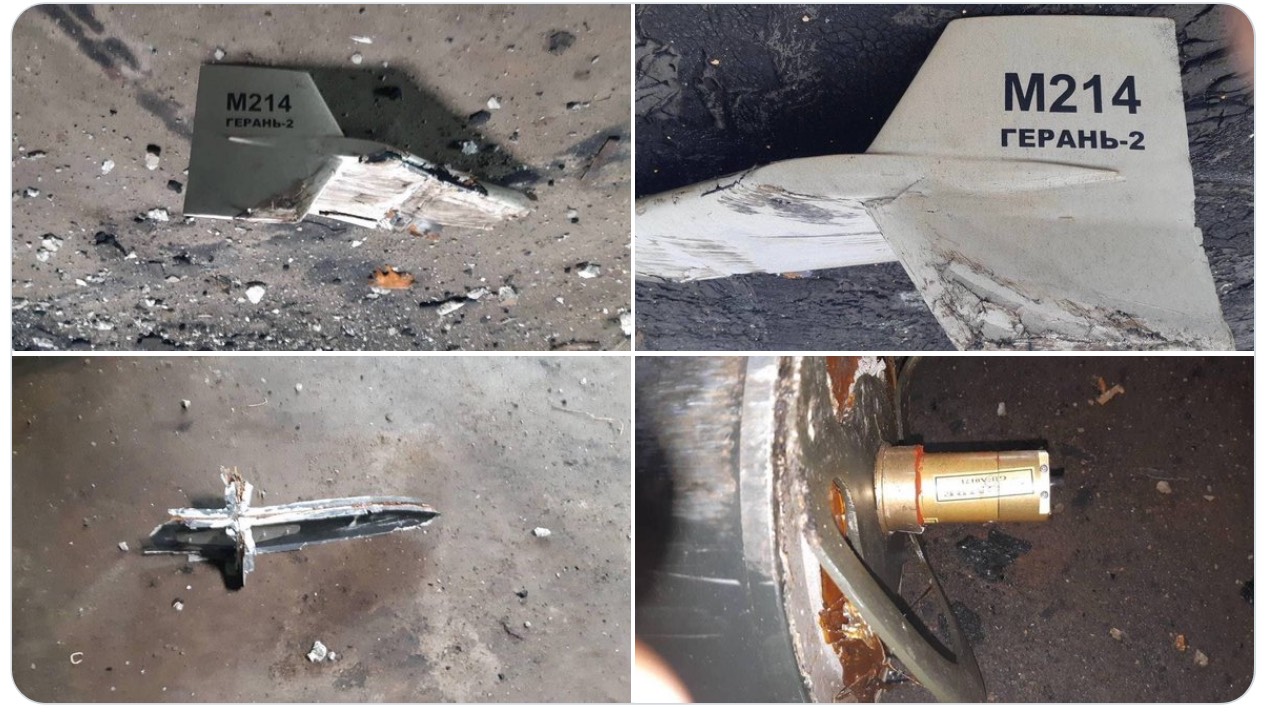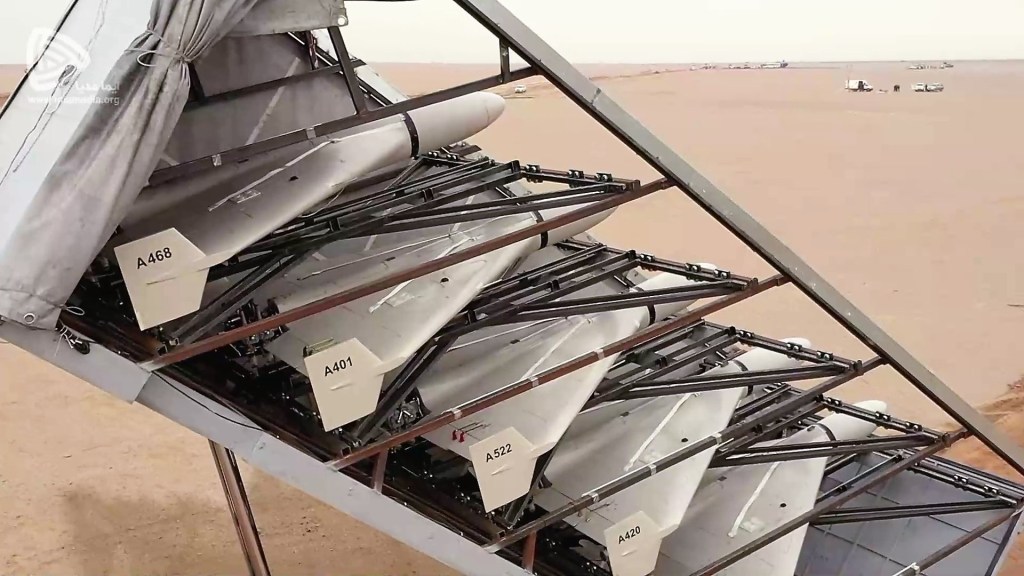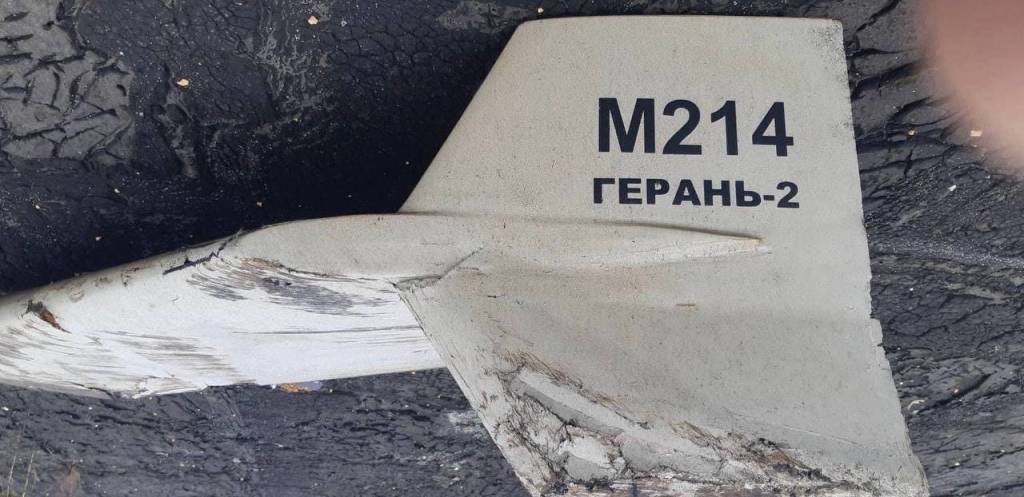
In another development that – if confirmed – could create more concern for Moscow, Ukraine has said it shot down one of the purportedly formidable suicide drones Russia reportedly bought from Iran to reinforce its dwindling consumer and military-grade UAVs.
Ukraine’s Ministry of Defense made the claim in a tweet on Tuesday, saying its forces took out one of the Iran-built Shahed-136 drones that Western intelligence services believe were delivered to Russia to bolster its increasingly troubled invasion of its neighbor. The Iranian UAV was said to have been taken out over Kupiansk, one of the towns recaptured by the astonishing Ukraine counter-offensive in the eastern Kharkiv region that has thus far clawed back 3,400 square miles of territory in just a week.
As always in a conflict that has relied on opinion influencing communication techniques – and a good deal of merciless trolling – the Ukraine claim to have blasted an Iranian-supplied Russian drone still needs to be substantiated. An additional tweet by a Ukraine military engineer provides similar information and images, but also cannot be independently confirmed. A response to that post, however, provides images of the Iranian UAVs sporting components closely resembling fragments pictured in the Ministry of Defense tweet.


If verified the news could be more a source of concern to Russia than merely representing the first of its Iranian drones “eliminated” by Ukraine forces. It would confirm suspicions that Teheran is indeed reinforcing Moscow’s waning UAV fleets – which could well prompt a resurgence in Western aid to Ukraine – as well as reports that Russia has encountered problems deploying Iranian military aid.
Read more: Russia’s Ukraine drone shortage darkens Moscow’s war prospects
Not much is known about the Sahed-136. Military experts say it’s a long-distance loitering munition with a range of perhaps 1,000 miles. If true, it would fly far farther missions than Aerovironment Switchblade suicide UAVs, which since their delivery to last spring have been credited with giving Ukraine forces far more effective – and lethal – aerial punch.
Should those Iranian UAVs prove vulnerable to glitches, difficult to use, or more easily detected and picked off by Ukraine forces than Switchblades are, however, this week’s purported downing of a Sahed-136 would add more trouble to the pile Moscow already faces.
First, it could lead to the feared Iranian reinforcements of Russia’s flagging reserve of consumer drones, military UAVs, and spare parts for disabled craft into a wet petard. Second, it would leave Russian commanders with even fewer assets to fight with at the very moment Ukraine forces are driving its troops back toward their boarder. Third, those two factors combined would leave Moscow relying on heavy ground-based artillery strikes into Ukraine from ever greater distances, and with diminishing visual intelligence on where targets are.
And finally, the varying performance of drones in the conflict to Russia’s distinct disadvantage would further undermine the classic military strategy that Moscow based its invasion on.
Read more: Drone performance in Ukraine may force military strategy rethink
That, as former Department of Interior Office of Aviation Services and ex-Navy fighter pilot Mark Bathrick told DroneDJ in April, would strengthen arguments that Moscow is waging war using last-century tactics that modern, adaptable Ukraine UAVs are blowing apart.
“As a fighter pilot, the primary mission was air superiority, so it’s fascinating for me to see the traditional way of going in and taking out the eyes and the ability to launch fighters – taking out runways, fuel facilities, etc. – being undone in Ukraine by drones,” Bathrick said. “The tide has turned to the defenders, with drones being used in some cases to attack, but also to inform people of how to move on the ground. Moreover, the commercial drones often have better and more diverse sensor payloads, require almost no maintenance, are easier teach people to use, and are around 1/100th the cost or less than similar military drones…This has been a big wake-up call to many militaries.”
FTC: We use income earning auto affiliate links. More.



Comments